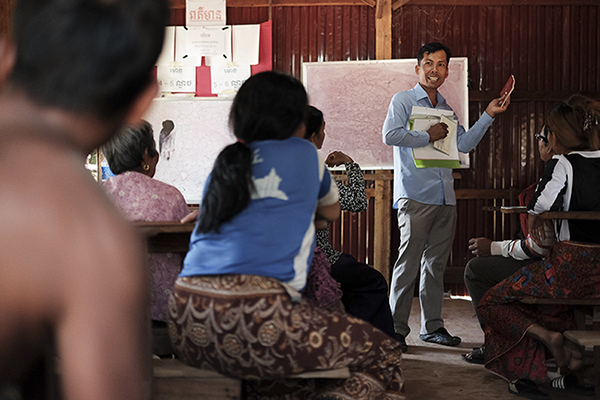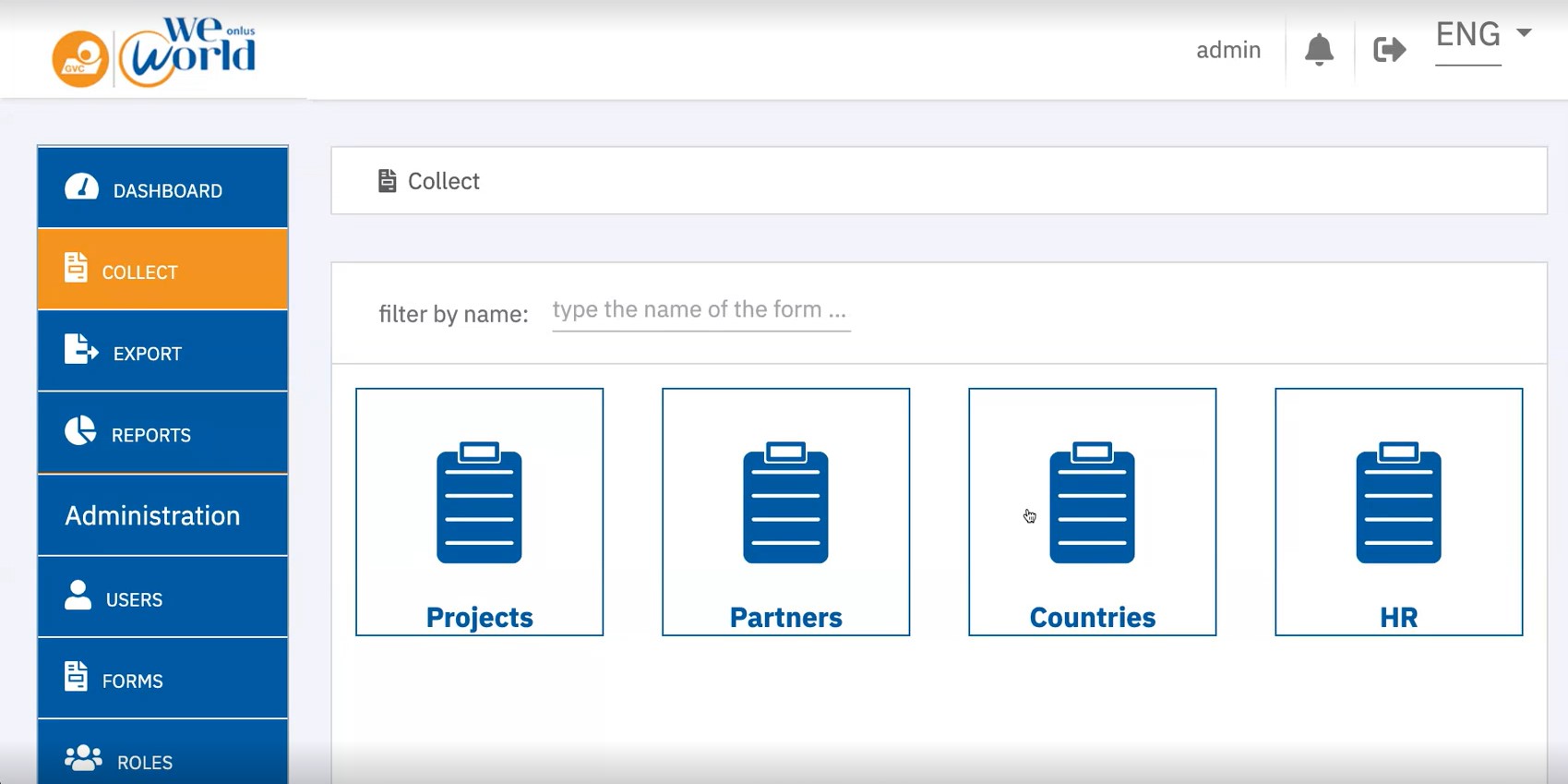Passer cours disponibles
Cours disponibles

Il Toolkit BE A CHANGE MAKER, rivolto a student@, attivist@ e insegnant@ è un pacchetto didattico multimediale che raccoglie su un’unica piattaforma risorse e materiali utili ad approfondire in modo interattivo tematiche importanti ma spesso complesse da affrontare, come quelle della giustizia sociale e ambientale.

WeWorld Induction course, a collection of resources to start your experience in the organization.

WeWorld Induction course, a collection of resources to start your experience in the organization.
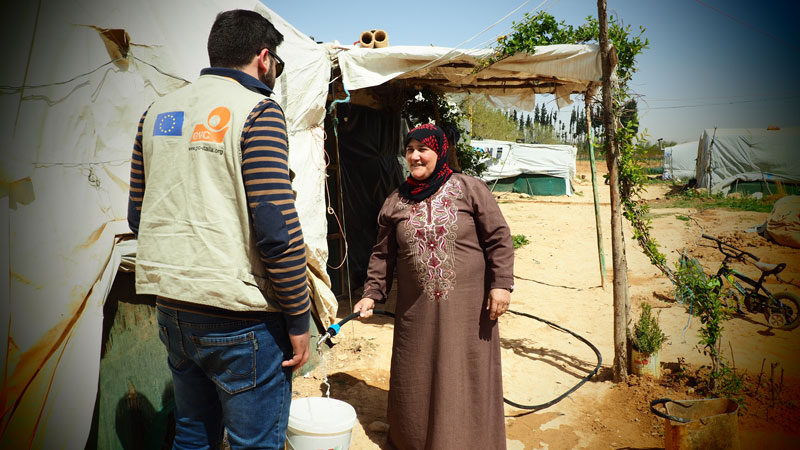
The CPA is a community engagement and empowerment instrument to design Integrated Protection Programs and provide operational tools to facilitate collaboration, coherence and complementarity between different foreign and national instruments in order to find suitable and durable solutions to a given population’s needs, vulnerabilities and risks.
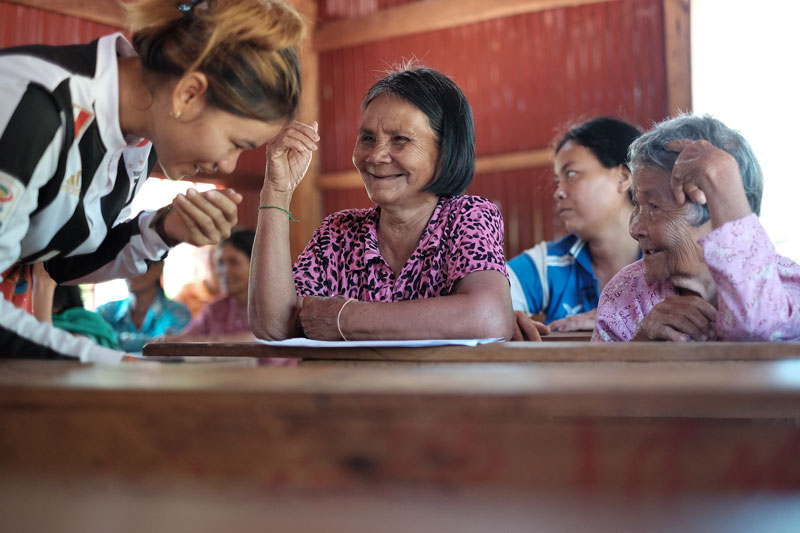
Welcome to the first Deep Dive Module of this online course on the Community Protection Approach (CPA): Preparatory Phase - Applicability.
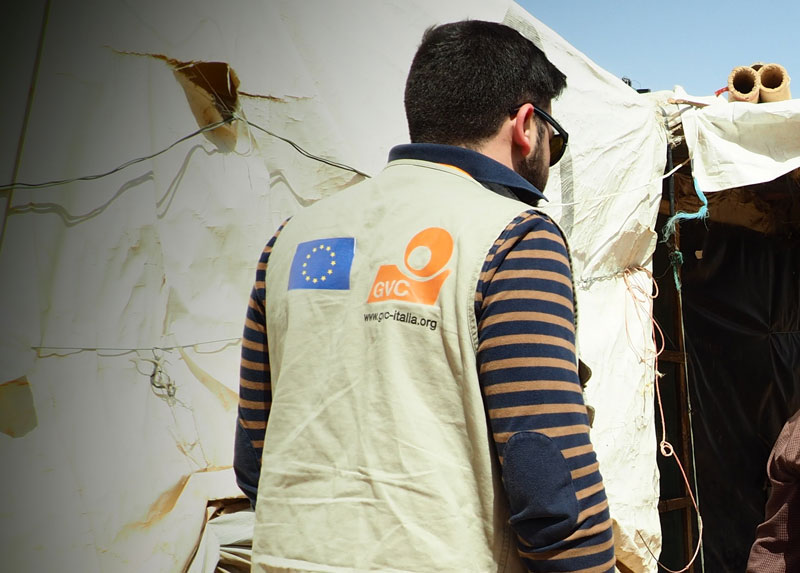
Welcome to the second Deep Dive Module of this online course on the Community Protection Approach (CPA): Preparatory Phase - Planning.
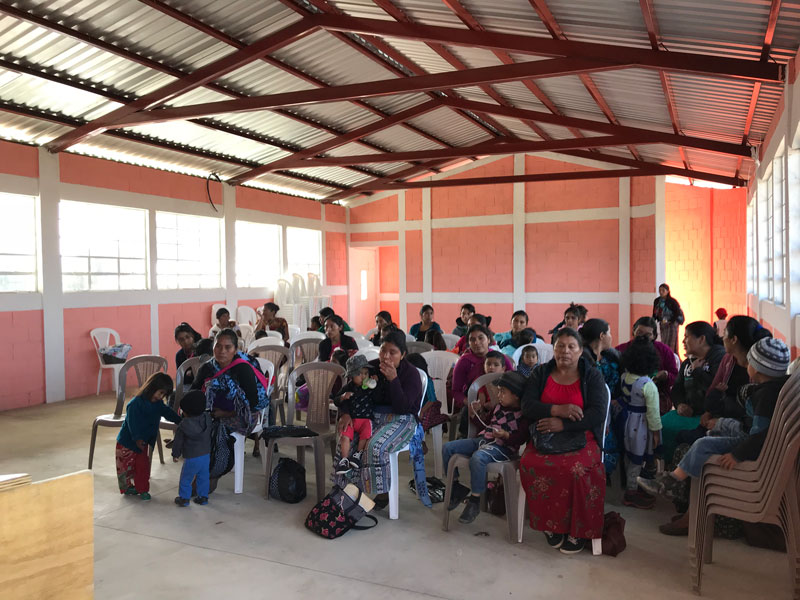
Welcome to the third Deep Dive Module of this online course on the Community Protection Approach (CPA): PHASE I, Step 1: Analysis of Bias and Exclusion.
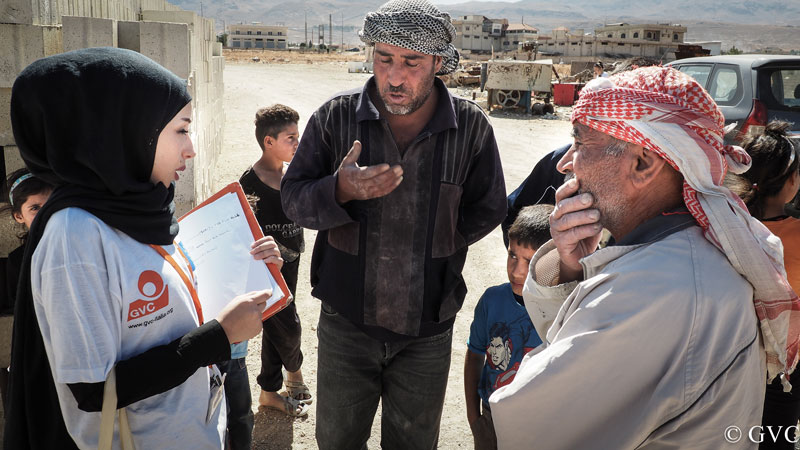
Welcome to the fourth Deep Dive Module of this online course on the Community Protection Approach (CPA): PHASE I, Step 2: Context Profiling.
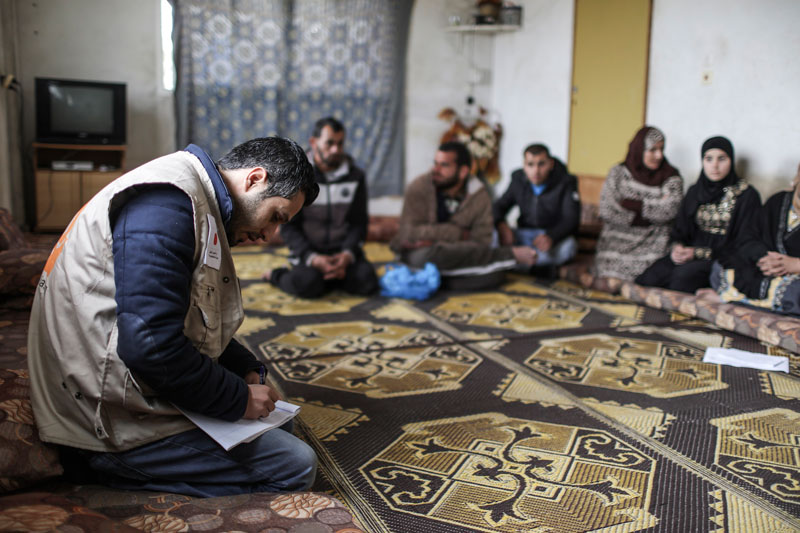
Welcome to the fifth Deep Dive Module of this online course on the Community Protection Approach (CPA): PHASE II: Protection Analysis and Facilitation of Local Response Plans – Part 1: Quantitative Analysis .
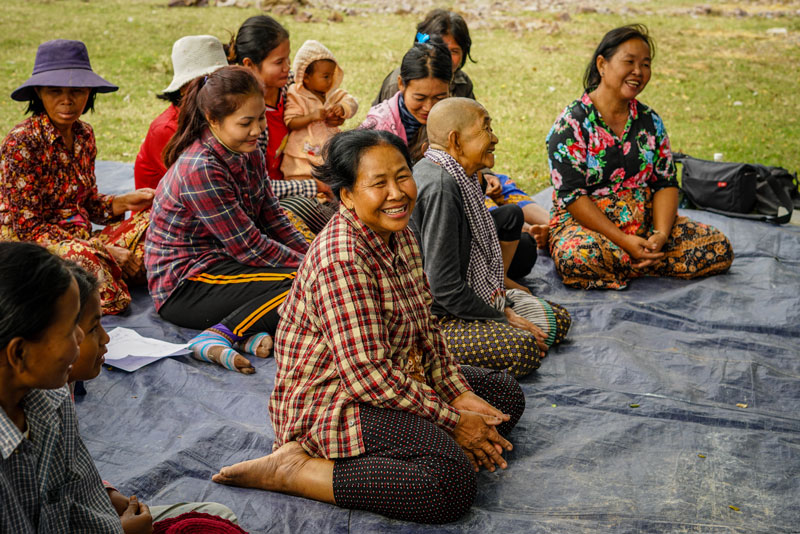
Welcome to the sixth Deep Dive Module of this online course on the Community Protection Approach (CPA): PHASE II: Protection Analysis and Facilitation of Local Response Plans – Part 2: Qualitative Analysis.
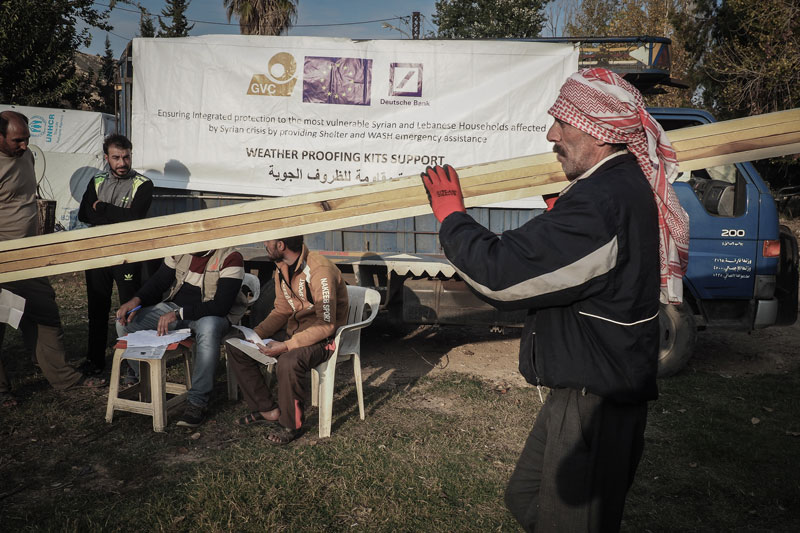
Welcome to the seventh Deep Dive Module of this online course on on the Community Protection Approach (CPA): PHASE III: Time Analysis and Monitoring.

The course is designed to support Data Analysts and Information Officers, as well as other field staff, in understanding the type of data that is generated by the CPA and how to best interpret it for effective analysis
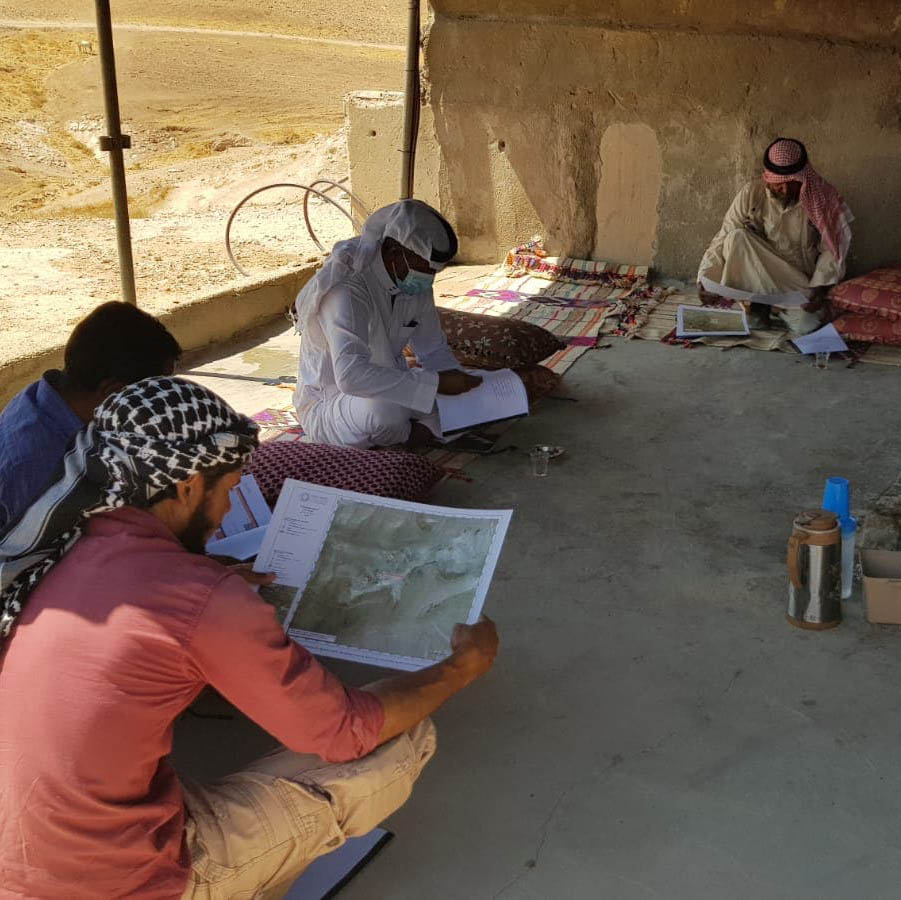
The course is addressed to the field staff willing to carry out the CPA. This course has the purpose to detail and is available in English, Spanish and Portuguese;
- What is the Multi-Sector Questionnaire
- Why is it important
- How to implement it in the different phases of CPA implementation.
The course will take approximately 100 minutes to complete.
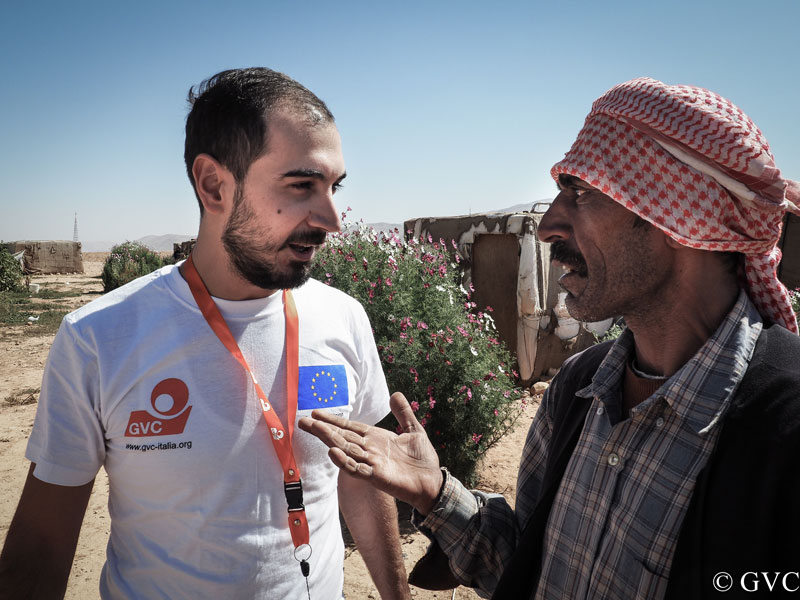
Given its applicability to multiple contexts, the CPA abides by a series of international principles and standards, including the one applied in humanitarian settings. The organisation willing to apply CPA must adhere to same principles and standards.
- Enseignant: teacher teacher
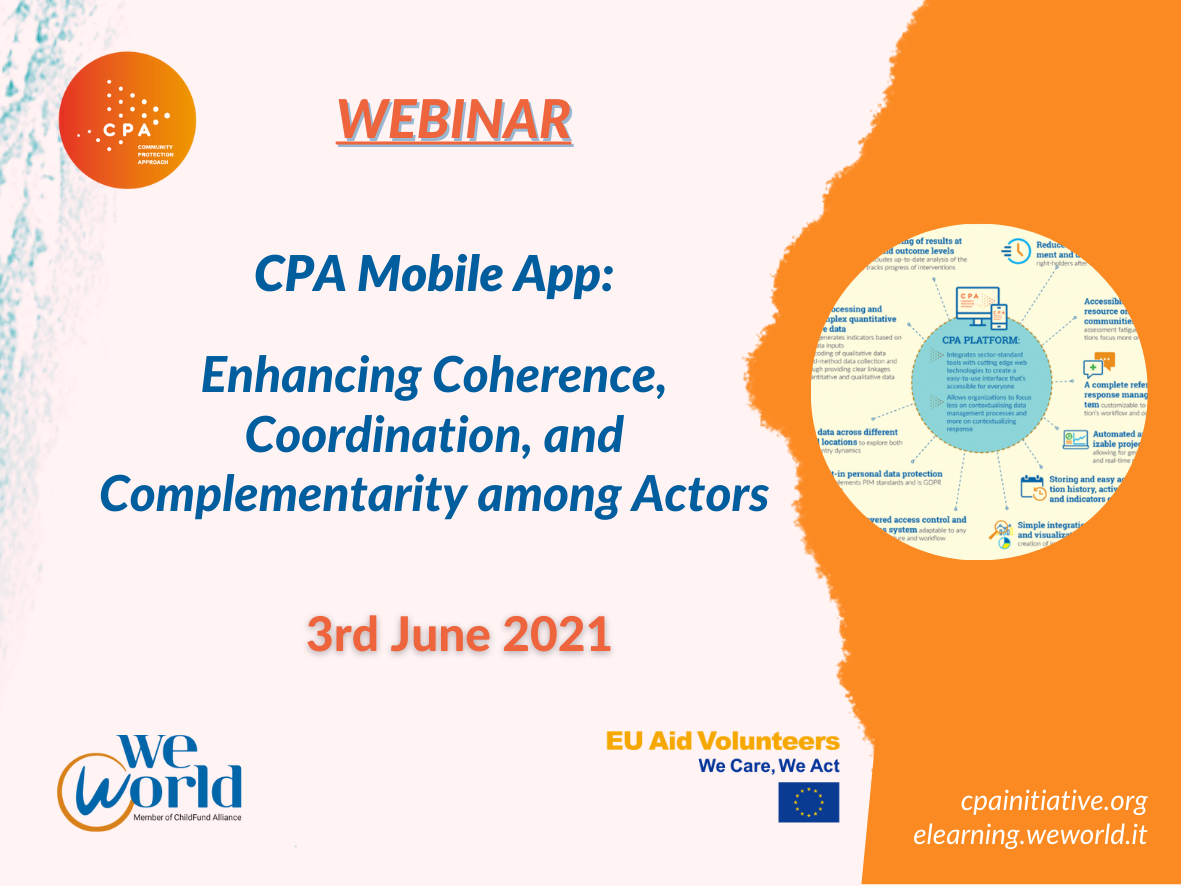
In this webinar, WeWorld presented a prototype of the Community Protection Approach – CPA Mobile App. The App would connect its users with the CPA Platform – a multi-stakeholder data collection, analysis, and sharing digital instrument. The CPA Mobile App allows data and information sharing not only among the implementing actors and donors but also with communities.
The CPA Mobile App features enable the users to engage with the data in the most fruitful and useful way for programming and decision-making, as well as joint action. The CPA is an approach to develop area-based integrated protection strategies. The CPA aims at enhancing coherence, coordination, and complementarity among actors to achieve set collective outcomes, avoid overlapping, and utilise their resources and potential to respond to protection risks and resulting needs in the most beneficial manner for the targeted communities. At the same time, the CPA emphasizes localization through communities’ and local responders’ capacity building, ownership, decision making, and utilization of local resources and solutions. Created to share the data and information not only among external actors but also with targeted communities, local authorities and organizations, the CPA Mobile App responds to some of the challenges identified in relation to strengthening accountability to communities and data utilization by communities themselves.
For a CPA implementer and user, the CPA Mobile App not only facilitates remote monitoring and communication with right-holders but is also enriched with features as:
- Receiving communities feedback through the App
- Connecting data to Power BI and create visualization dashboards
- Viewing assessments in a specific area and adding or updating referrals of persons of concern
- Viewing community profile as well as the Integrated Protection System of Indicators (IPSI).
Based on lessons learned from one of the CPA implementation sites - the occupied Palestinian territory, the webinar demonstrated how employing the CPA Mobile App potentially could promote coherence, coordination, and complementarity among actors intervening in the same area, putting the affected population and communities at the center. In the occupied Palestinian territory, the CPA methodology is being implemented since 2014.
The webinar also served as a preparation ground for the upcoming the CPA Mobile App training for the CPA practitioners that would take place after the launch of the App in the foreseeable future.
The presenters:
Francesco Michele - International Advocacy, Policy and Innovation Area Coordinator - WeWorld-GVC
Hadeel Tahboub - West Bank Protection Consortium Project Manager - WeWorld-GVC
Caterina Dazzo - National CPA Specialist - WeWorld-GVC
Ahmad Sharif - Digital Solutions Specialist - WeWorld-GVC

The Webinar objective is to guide in the identification of the most appropriate documents and products that can be developed on the basis of our operations and projects.
It will focus on the presentation of the newly developed We World standard documents for external dissemination and specifically provide a step-by-step process for their use and adaptation to operations/projects objectives and needs.
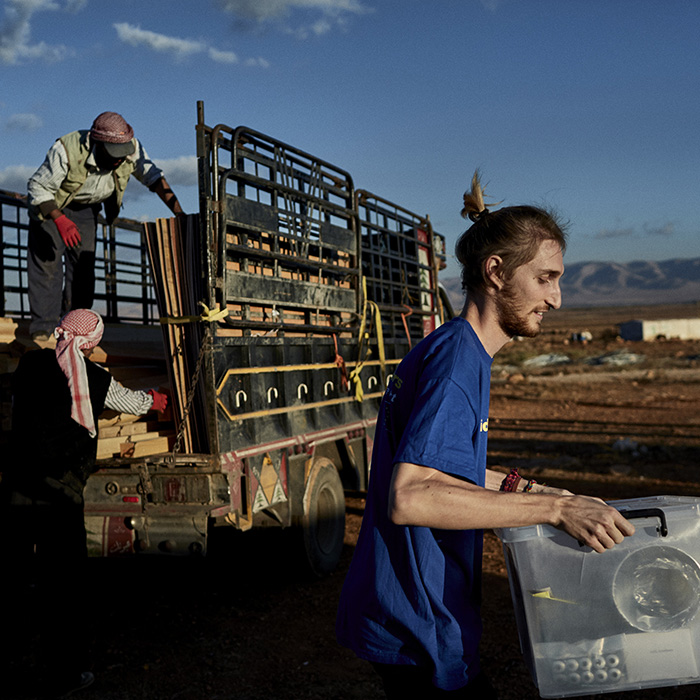
E-learning "How to use" Session
ENG: Welcome to the video presentation of the We World E-learning. The video is based on the recording of the official We World internal Webinar held on the 14th of April, 2021 to show how to use the E-learning and how to include elements for project development.
You can find the resources to guide you in the use of the E-learning, along with the the interesting debate held by the participants.
ENG: Benvenuti/e alla presentazione video della Piattaforma E-learning di We World. Il video riprende la registrazione del Webinar interno ufficiale che si é tenuto il 14 di Aprile 2021, e si focalizzato sull'uso dell'E-learning e come includere elementi durante la scrittura di progetti.
Potete trovare le risorse per guidarvi nell'uso della Piattaforma E-learning, in aggiunta al dibattito che ha visto coinvolti i/le partecipanti.
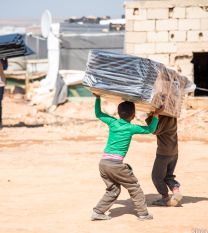
The first webinar will focus on community empowerment and resilience.
Specifically, the objective is to explore how community participation, engagement and
empowerment can be ensured in humanitarian and development projects. There will
be a chance to discuss opportunities and entry points as well as limits and
constraints to such processes. There will also be a short presentation of the
main lessons learned about community empowerment within the Community
Protection Approach framework.
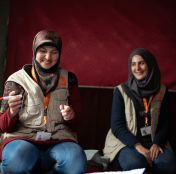
The third webinar will focus on “Promoting gender equality through
humanitarian and development projects – innovation and best practices”.
Following an introduction on gender equality that will provide the main
relevant concepts and frameworks, participants will
present innovative practices they have developed and/or implemented during
their projects. This will allow sharing innovative tools while
focusing on how such instruments can be used/replicated to further the specific
objective of gender equality. The areas covered during the presentation may
include awareness-raising on human rights/women's rights; use of alternative
narratives/models to counter stereotypes and violent discourse; participation
and empowerment.
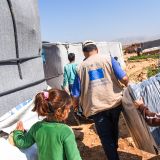
The second webinar will focus on the Humanitarian-Development Nexus.
This approach is challenging the international community in finding innovative
ways to deliver interventions increasingly linking short and long-term
responses for affected populations. The Webinar will be an occasion to spur
co-learning and share NGOs’ perspectives on how to answer the Nexus call for
coordination, complementarity and coherence.
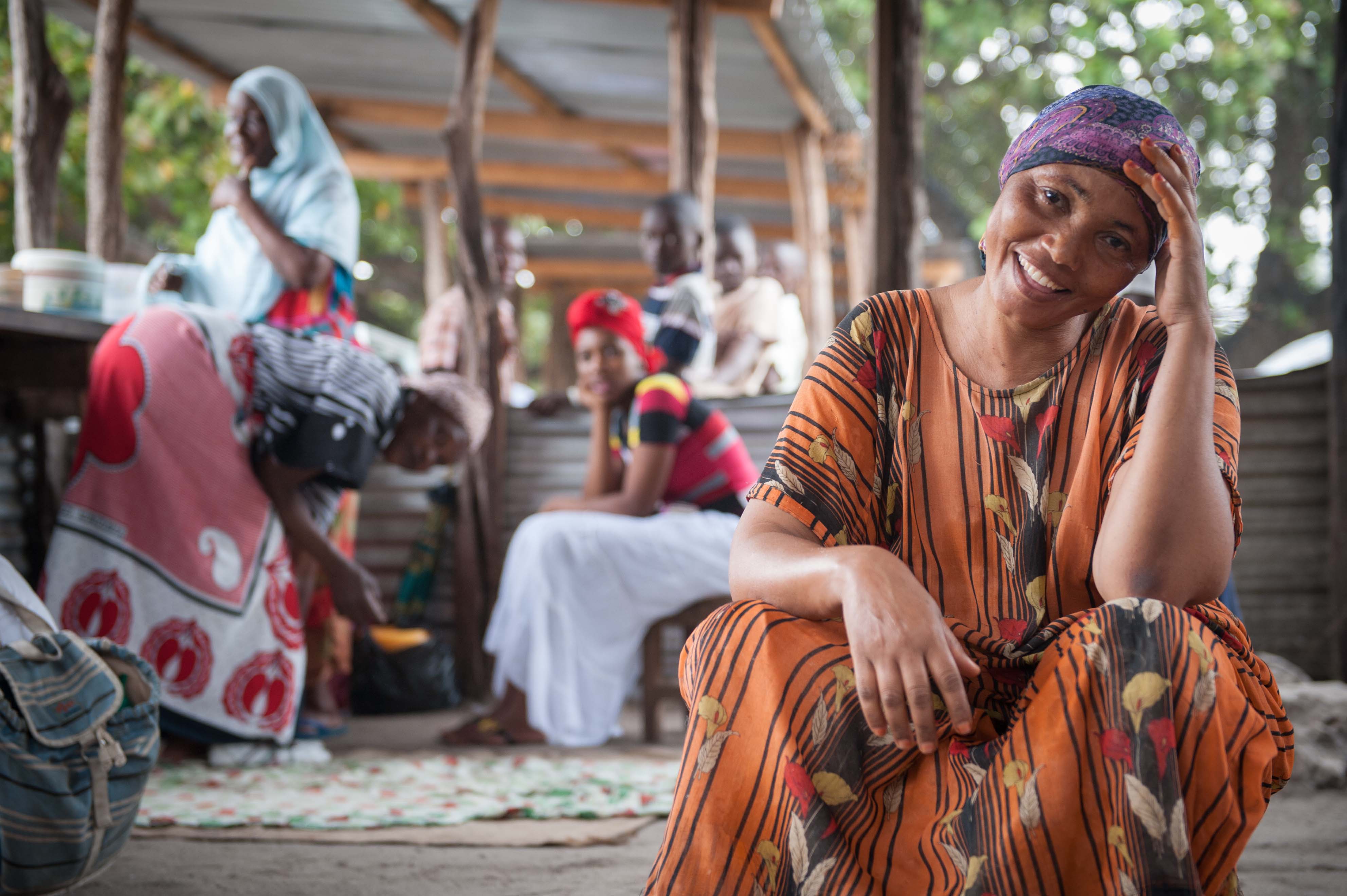
This course contains the PSEAH policy and the child safeguarding policy training courses in English, French and Spanish

WeWorld institutional activities are carried on in compliance with the EU GDPR 2016/679. The aim of the present protocol is to serve as a guide to the staff who have access to personal data held by WeWorld, to ensure these data are processed in a lawful manner, and taking into account the fundamental rights of the right-holders.

WeWorld-GVC recognises the importance of the environment as a common resource to be safeguarded and defended, and through its programmes actively pursues the goals of the Agenda 2030, including taking action to combat climate change and its impacts. The Policy responds to Organisations’ intention to strengthen its commitment to environmental protection and its willingness to reduce, as far as possible, the environmental impact resulting from the implementation of its institutional activities, being aware that this is the only way to promote a development that can truly be defined as sustainable.

The Procurement and Logistics section includes all the documentation created and collected for supporting the Organization in implementing the Procurement and Logistics activities and for ensuring the goals are achieved in compliance with Internal and external regulations and principles

This training course for senior managers provides basic information on Fleet Management aspects. Each module takes approximately 10 min:

This training course targeted to Fleet Managers will introduce you to all aspects of Fleet Management. The training course is divided in 13 lessons, each of them takes approx. 25 minutes:
- Introduction to Fleet Management
- Setting Fleet Standards
- Fleet Planning
- Journey Management
- Specialist Vehicles
- Driver Management
- Fleet Safety
- Data Analysis
- Vehicle Management for Managers
- Fuel Management and Monitoring
- Vehicle Maintenance & Repair
- Safe and Sustainable Fleet
- Fleet Management in Emergencies

The training course is dedicated to best driving practices. The course guides participants through the whole process of driving, vehicle safety and other important aspects of being a good driver. Approximately 25 min is needed per each module:
Cette formation destinée aux cadres supérieurs fournit des informations de base sur les aspects de la gestion du parc automobile. Chaque module dure environ 10 minutes :
Cette formation destinée aux gestionnaires de flotte vous présentera tous les aspects de la gestion de flotte. Le cours de formation est divisé en 13 leçons, chacune d'entre elles durant environ 25 minutes :
- Introduction à la gestion de flotte
- Établir des normes pour la flotte
- Planification de la flotte
- Planification des déplacements
- Véhicules spécialisés
- Gestion des chauffeurs
- Sécurité du parc de véhicules
- Gestion des véhicules
- La gestion et à la surveillance du carburant
- Entretien et réparation des véhicules
- La gestion de la flotte en cas d'urgence
Le cours de formation est consacré aux meilleures pratiques de conduite. Le cours guide les participants à travers l'ensemble du processus de conduite, la sécurité du véhicule et d'autres aspects importants pour être un bon conducteur. Chaque module dure environ 25 minutes :
- Être un bon conducteur
- Gestion des véhicules pour les conducteurs
- La sécurité du parc de véhicules
In this section you are going to tind all programmatic documentation and materials of We World. Each material indicates the SECTOR and, when possible, the PROGRAMMATIC FOCUS in links to.

This course aims to enhance the knowledge about the entire process related to disaster risk reduction and disaster risk management through a different vision to the emergency management.

The course will help you understand the basics of data analysis. It’s designed to support Data Analysts and Information Officers, as well as other field staff, in understanding the main approaches to analyse data, from main sources to obtain quality data, to visualization and possible flow of data in monitoring and evaluation projects. It will also address how to best interpret it for effective analysis.
Passer catégories de cours

